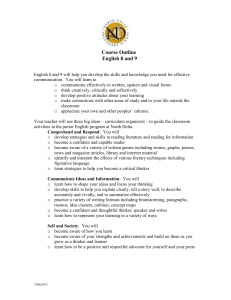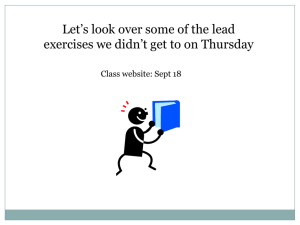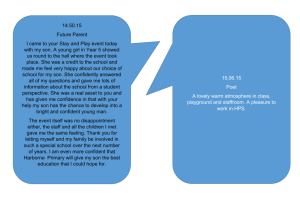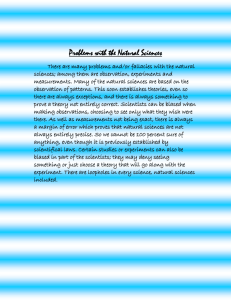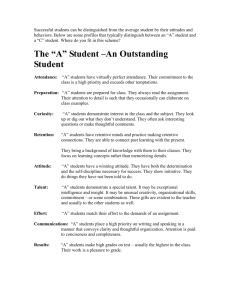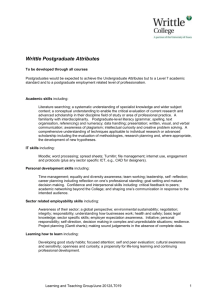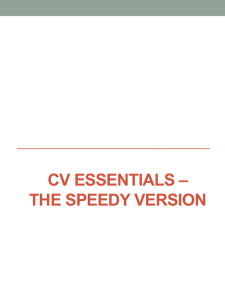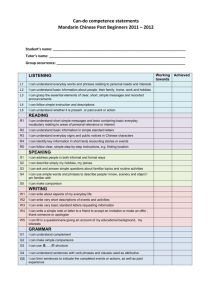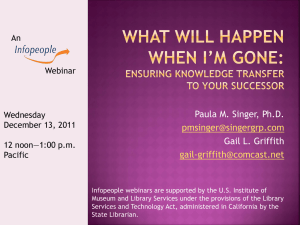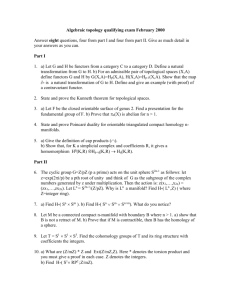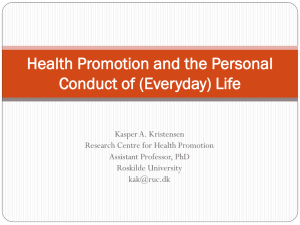AP Psychology Unit 2: Research Methods
advertisement
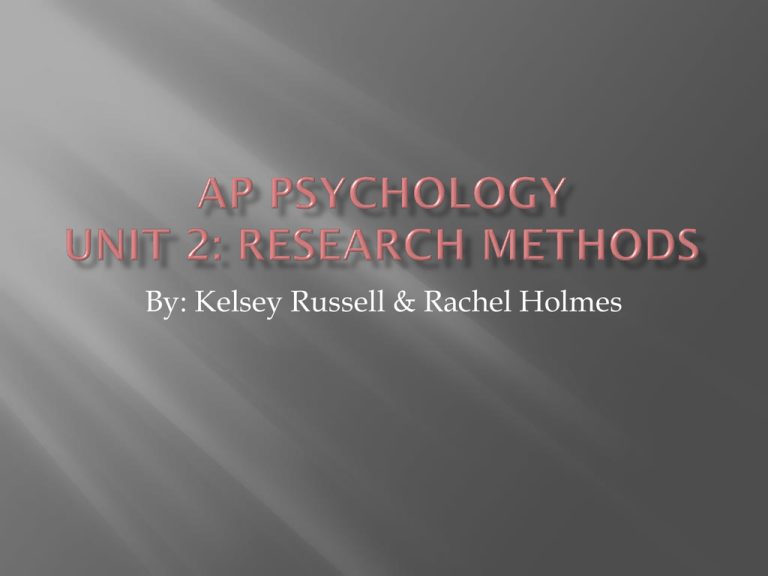
By: Kelsey Russell & Rachel Holmes Hindsight Bias Overconfidence WREAT ETRYN GRABE Water Entry Barge People tend to be more confident then correct that’s why we rely more on Science. Scientific Attitude When you tell people that something is true, yet tell another group of people the opposite the sides will see the logic in both thinking that their side is true. According to Historians these three attitudes – curiosity, skepticism, and humility, makes modern science possible. Critical Thinking This ties into scientific attitude because critical thinking is like curiosity, you ask a lot of questions to get information to prove your results Psychologist answer question mostly by the reasoning of testing the theory and if the results fail then the theory changed or rejected. Scientific Method: Description: The starting point of any science is description. In everyday life all of us observe and describe other people. Often drawing conclusions about why they behave as they do. Correlation: In everyday conversation we make our theory by our hunch and in science the theory is linked with observations. By linking facts and bridging them to deeper principles a theory offers a useful summary. So there for as we connect the dots a coherent picture emerges. Surveys and naturalistic observations often shows us that one trait or behavior is related to another. In other words we say that the two correlate. Which helps us figure how closely two things vary together. Which tells us how well either one predicts the other. Experimentation: Is a way in which you experiment using more than two factors and you put in all the factors in that relate to theory. Statistics are tools that help us see and interpret what the unaided eye might miss. Describing Data How you put your data together (Example: graph, table, written) Having your data on a graph helps you clearly see the variation and range. Making Inferences In deciding when it is safe to generalize from a sample we should keep 3 principles in mind Representative samples are better that biased samples Less variable observation are more reliable that those that are more variable. More cases are better than fewer To sum up this unit, it is basically saying to us that you need to test your theory over and over, and get plenty of evidence, also ask a lot of questions, and think scientifically without a biased opinion. Don’t be over confident because it will lead to a wrong answer because you have a “big head” and you will think that you are right and you will not test your theory enough to prove it thoroughly.
